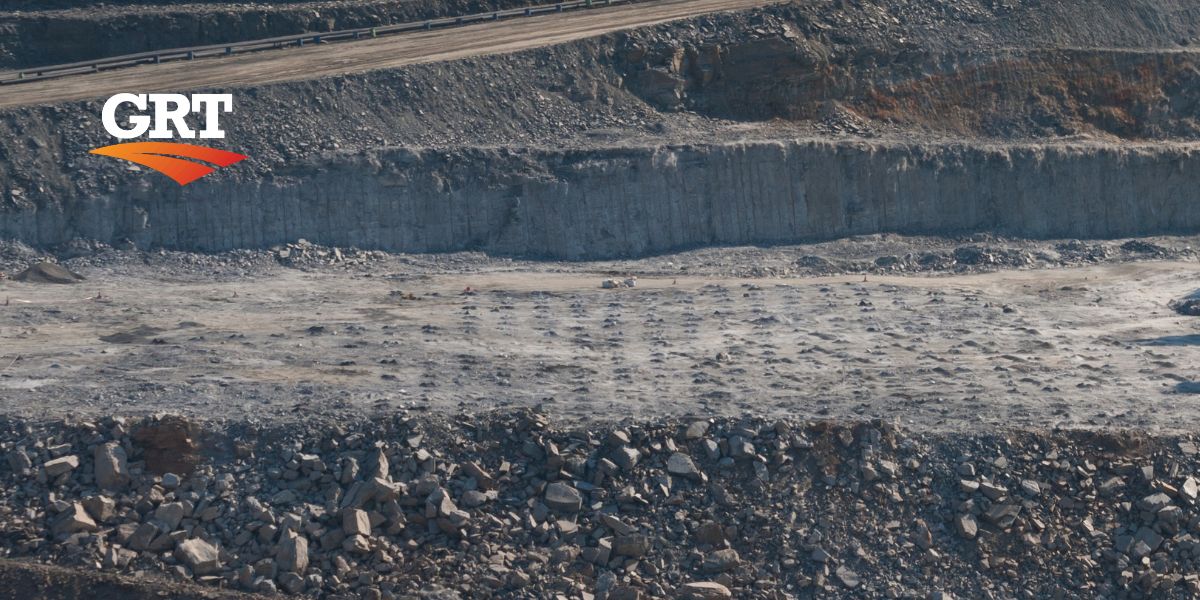Western Australia’s economy is officially booming. Experiencing the highest growth in 9 years and the best-performing state in Australia, WA is reaping the rewards of its thriving Resource and Energy sector. The latest data suggests that WA’s economy grew 3.5% from 2022 to 23. The bulk of the surplus is driven by elevated iron ore prices, bringing in $3.2 billion in royalties for the period alone. The bumper figures come amid the state’s mid-year budget review, with the Chamber of Minerals and Energy (CME) understandably buoyant about the results.
According to the group’s CEO, Rebecca Tomkinson, “WA’s economy is the healthiest of any state and territory in Australia, and the resources sector is the blood in the veins that keeps the state budget in such a robust condition.” The energy transition will also strengthen WA’s position as a mining “powerhouse” as an increasing array of critical minerals rise to prominence and demand surges.
“The energy transition is going to require more mining activity to deliver the critical minerals and technology required to achieve the world’s decarbonisation ambitions,” Tomkinson added.
WA currently has about $12.6 billion worth of projects underway, with another $118.4 billion in early-stage developments expected to advance in the next few years.
Australia’s First All-Electric Excavator Lands at Cloudbreak
The partnership between Fortescue and Liebherr has borne fruit as an all-electric excavator breaks ground at the Cloudbreak mine. The first of its kind in Australia, the excavator is energised by a 6.6-kilovolt substation connected by over 2km of high-voltage cabling. Fortescue hailed the arrival as a significant milestone in the company’s decarbonisation efforts and aims to have three R 9400 E units operating in 12 months. Fortescue CEO Dino Otranto quickly highlighted his team’s achievement in bringing the Aussie-first excavator into reality.
Are environmental regulations, health and safety concerns or potential profit loss a concern right now?
“It’s a true demonstration of industry collaboration where we’ve been fortunate enough to work with industry experts who have been using trailing cable for decades and then repurpose this in our operations as part of our decarbonisation journey,” he said.
Fortescue aims to secure a fully renewable power supply as part of its decarbonisation efforts, ultimately allowing the newly arrived excavators, alongside all its electrified equipment, to be net zero carbon. Liebherr Managing Director Trent Wehr said the R 9400 E project was a step forward in the company’s decarbonisation partnership with Fortescue.
“Our local teams are actively enhancing their skills to keep pace with the changes that accompany our expanding line-up of zero-emission mining equipment, and we’re excited to see what the future holds,” he said.
Australia’s List of Critical Minerals Keeps Getting Longer
The federal government has revised its list of critical minerals to support and give clarity to strategic hubs around the country. Critical minerals are those classified as essential to low-emission technology, the economy, and national security but whose supply chains are vulnerable to disruption. After extensive consultation throughout the industry, critical minerals have been broadened to include:
- Fluorine
- Molybdenum
- Arsenic
- Selenium
- Tellurium.
According to the government, the Strategic and Critical Minerals lists are vital in Australia’s “transition to net zero emissions, advanced manufacturing, defense technologies, capabilities and broader strategic applications.” A notable omission was that of Helium, which was removed from the list to better align with those of partner nations. On the strategic front, Australia has listed aluminium, copper, nickel, phosphorus, tin, and zinc as its mainstays.
According to federal resource minister Madeline King, each of the minerals “are critical to the greening of our economy and the defense of Australia and our allies.”
“The updated critical minerals list and the new list of strategic materials will help the government focus on those commodities needed to create jobs, keep us secure, and power our economy,” she said. You can view the complete lists by following the link mentioned below.
Dust suppression is a critical issue in the world of mining and resources.
Learn more about GRT’s industry-leading and IoT-connected SMART Dosing Units, and discover how we’re driving better dust suppression solutions for all!
If you’d like to talk with an expert, simply contact us!
Your feedback is important to us.
If you enjoyed reading this Global Road Technology industry update and found it informative, please let us know by leaving a REVIEW.
References:
Troy Adams
Troy Adams is the Managing Director of Global Road Technology (GRT) Specialising in Engineered Solutions for Dust Suppression, Erosion Control, Soil Stabilisation and Water Management. A pioneering, socially conscious Australian entrepreneur, Troy Adams is passionate about health and safety and providing innovative solutions that are cost-effective to the mining industry, governments and infrastructure sectors. Troy is also a tech investor, director of companies like Crossware, Boost, Hakkasan, Novikov and more.

